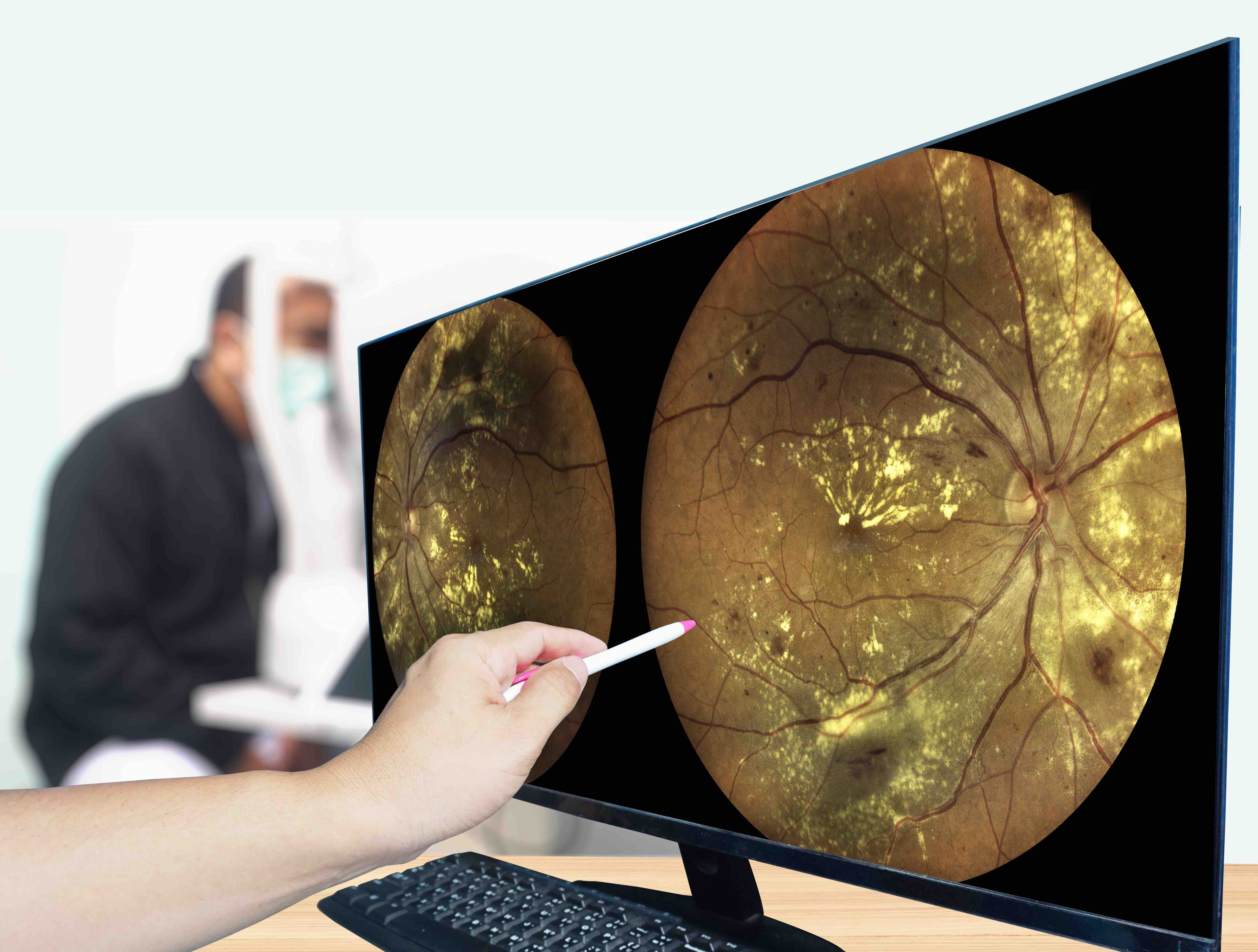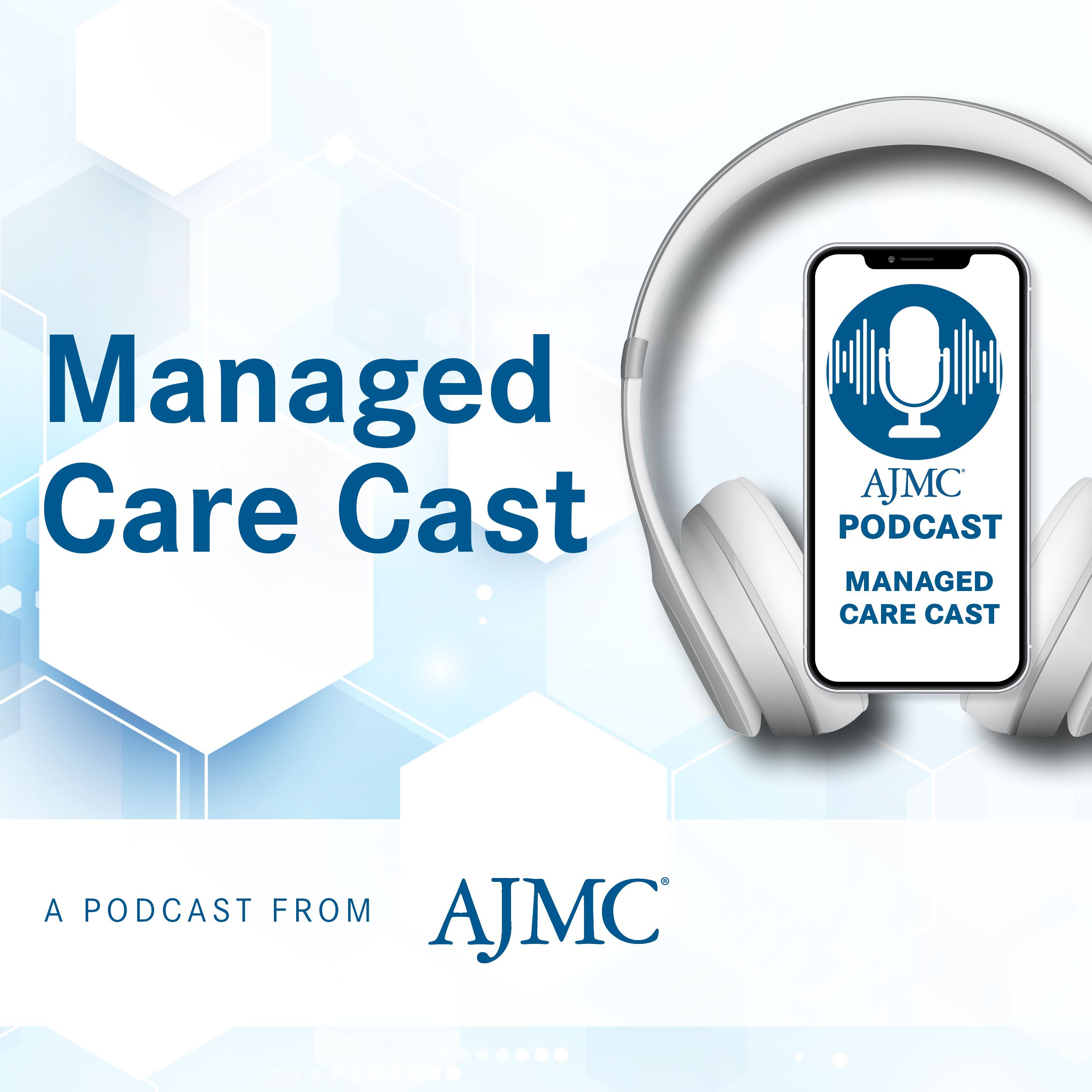Article
Cancer Survivorship Care: 3 New Guidelines
Author(s):
Cancer survivors often encounter a variety of health issues, the most common of which include fatigue, peripheral neuropathy, and depression. To address those specific issues, the American Society of Clinical Oncology (ASCO) has developed 3 new sets of guidelines on cancer survivorship care.
Cancer survivors often encounter a variety of health issues, the most common of which include fatigue, peripheral neuropathy, and depression. To address those specific issues, the American Society of Clinical Oncology (ASCO) has developed 3 new sets of guidelines on cancer survivorship care.
“The recommendations reinforce the need to care for both the physical and psychological needs of cancer survivors,” read an ASCO official statement.
The statement also noted that despite important advances in cancer treatment, cancer survivors “still face a range of long-term challenges from their disease and its treatment.”
The 3 survivorship recommendations belong to a series of 18 clinical practice guidelines that will be released by ASCO. ASCO-convened panels developed the fatigue and neuropathy guidelines, while the depression recommendations were adapted from Canadian-based guidelines.
“Doctors sometimes don’t give these symptoms much attention because they think it’s normal that their patients are a little anxious or depressed about their disease,” said Gary Lyman, MD, MPH, FACP, FRCP (Edin), FASCO, of the Fred Hutchinson Cancer Center in Seattle, and chair of the ASCO Survivorship Guidelines Advisory Committee. “But it’s important to keep an eye on the symptoms and step in when they start to interfere with the patient’s quality of life.”
The newly developed guidelines seem to answer a call to action from the American Cancer Society in 2012. It emphasized the increasing importance of understanding the medical and psychosocial needs of patients and providers as they go through the various phases of cancer survivorship. Crystal Denlinger, MD, an oncologist at Fox Chase Cancer Center in Philadelphia, Pennsylvania, even seemed to predict the emergence of such guidelines in a 2013 article published in Evidence-Based Oncology, a publication of The American Journal of Managed Care.
“The survivorship care plan that delineates what is required for follow-p has gained a lot of traction,’’ she said. “A lot of people are struggling with how to put together these care plans when, for many patients, the information is scattered across multiple offices and multiple systems.’’
The guidelines are available on the ASCO website.
Around the Web
New Guidelines Address Cancer Survivors' Issues [MedPage Today]
The Quest for Better Survivorship: Guidelines Promote More Accountable Cancer Care [AJMC]





